In the wake of a new Texas state law prohibiting diversity, equity, and inclusion (DEI) programs at public universities, students and faculty are navigating the challenging repercussions. The law has sparked concerns about its potential to stifle progress and inclusivity on campuses. To address these concerns, two professors from San Antonio organized a symposium at Trinity University, offering a platform for discussion and understanding.
National Trend Towards Colorblindness
Antonio Ingram of the NAACP Legal Defense Fund highlighted the Texas DEI ban within the broader context of a national movement reverting to colorblindness. He emphasized a concerted effort across states, including Texas and Florida, to remove discussions around race, gender identity, and sexual orientation from higher education settings. Ingram cautioned that this movement, if successful, could hinder the academic and professional success of students of color, limiting their contributions to various fields.
Impact on University Programs Varies
While the DEI ban is affecting universities differently, it has led to the closure of certain programs across the state. The University of Houston closed its LGBTQ resource center, UT Arlington discontinued its standalone LGBTQ programming, and UT Austin shuttered its center for undocumented students. However, UT San Antonio has reported that its Dreamer Center and LGBTQ+ programs are continuing without disruption.

Read more:
- Diversity Prohibition in Texas Public Colleges: Effects on Students and Multicultural Organizations
- High School Athletes in Florida May Soon Benefit from NIL Opportunities
- Student Consequences Authorized for Supporting Hamas
- Student Loan Realities: The Shift from Pause to Panic for Borrowers
Ambiguity and Fear Surrounding Legislation
Miriam Sobre, one of the symposium organizers and a UTSA professor specializing in intercultural communication, discussed the ambiguity intentionally woven into the legislation. She emphasized that these laws are designed to create an atmosphere of fear and uncertainty rather than explicitly stating punitive measures. Sobre’s research delves into legislation focused on race and identity in education, revealing the deliberate crafting of laws that leave room for interpretation.
Exemptions and Opportunities for Support
Antonio Ingram countered the concerns by highlighting exceptions within the Texas DEI ban. Student groups remain unaffected, and the law does not restrict what professors can teach or research. While acknowledging the challenges, Ingram stressed the importance of recognizing the agency that students and professors still possess to foster welcoming and safe environments. Despite the uphill battle, there are avenues to continue supporting diversity and inclusion in educational settings.
Implementation Disparities Raise Concerns
Ingram raised a critical issue regarding the inconsistent implementation of the DEI law (SB 17) across different institutions. The varying interpretation and enforcement of the law mean that students’ rights and privileges differ depending on the college they attend. This disparity creates a complex situation for students, who may experience different levels of support and inclusivity based on the institution’s response to the law.
A Dangerous Moment for Diversity and Belonging
Antonio Ingram underscored the potential danger of the current situation, particularly for young students entering an environment that may not fully support their identities. The disconnect between welcoming rhetoric and the state’s refusal to provide dignity and belonging poses a significant challenge for students seeking a sense of acceptance on campuses.
In conclusion, the Texas DEI ban continues to generate concerns and challenges for public universities and their communities. The symposium serves as a crucial platform for dialogue, shedding light on the complexities of the law and its varied impact. As students, faculty, and institutions grapple with the evolving landscape, the future of diversity, equity, and inclusion in Texas higher education remains uncertain.




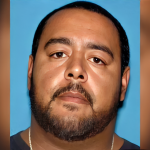



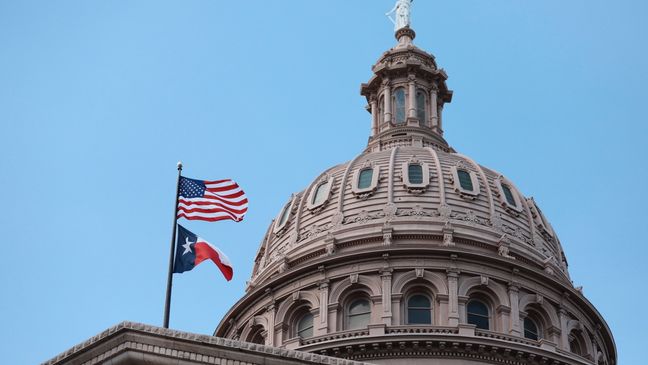
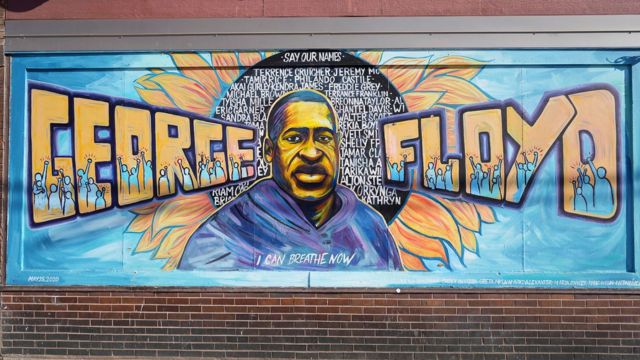
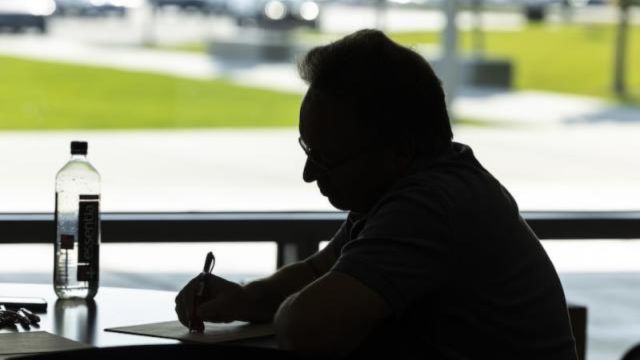
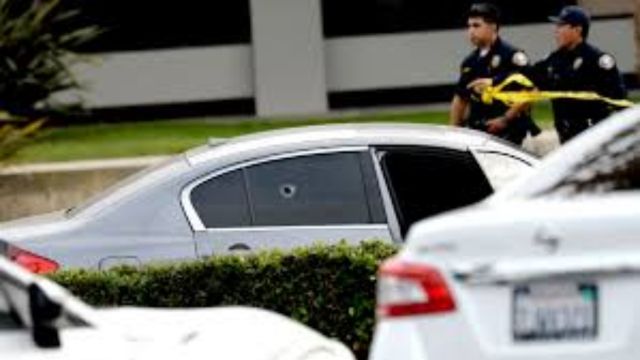
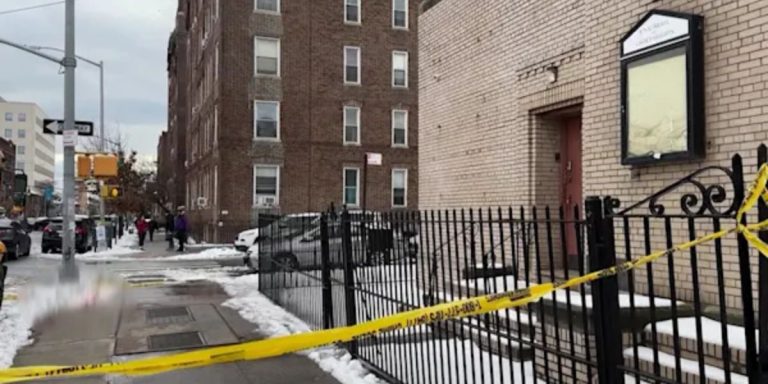







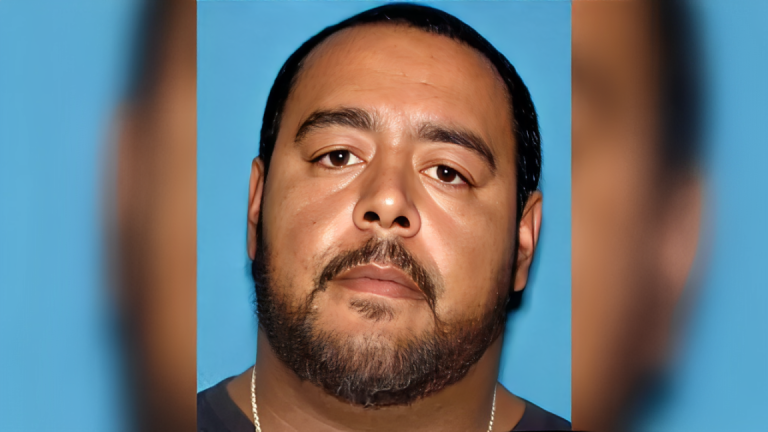







+ There are no comments
Add yours